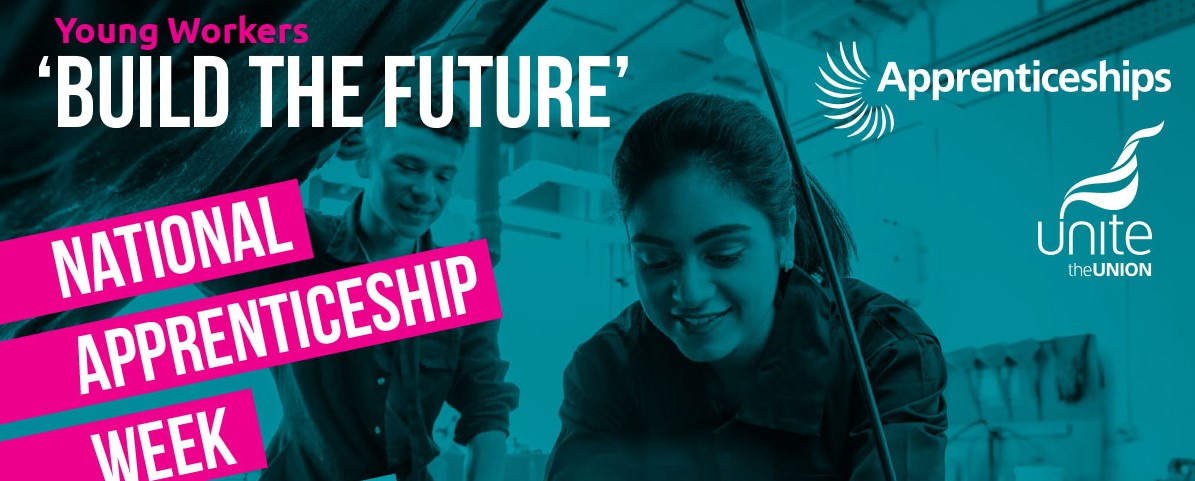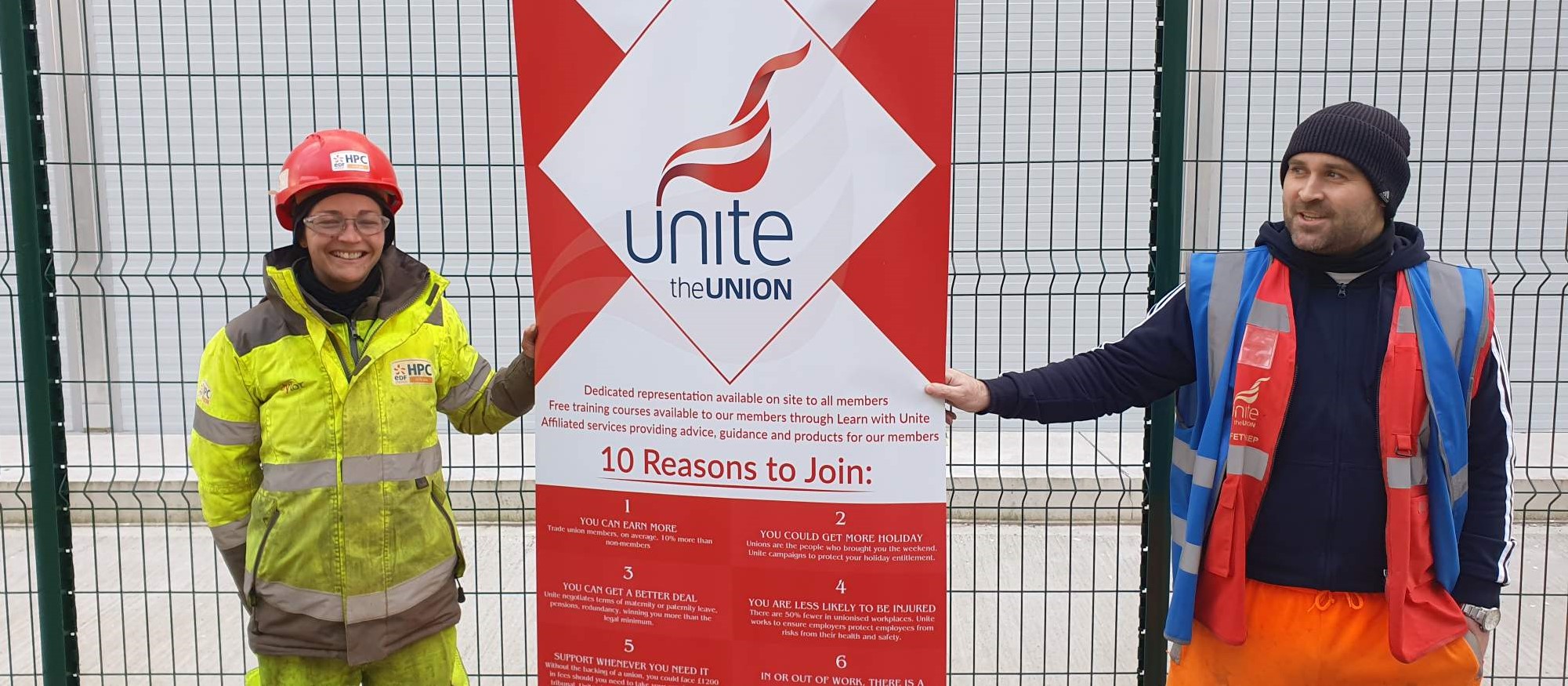Too old to be paid more
Following chancellor George Osborne announcing a so-called statutory “National Living Wage”, it has now been revealed that apprentices who are 25 and over may lose out on his promised wage hike entirely.
The Independent reported on Saturday (July 25) that Osborne’s pledge to introduce a higher national minimum wage of £7.20 an hour to over-25s would mean that older apprentices will be excluded from this wage during the first year of their apprenticeship.
Currently the apprenticeship wage rate is ÂŁ2.73 an hour for apprentices between 16 and 18 years of age, with apprentices 19 and over on the same rate in their first year, after which they are entitled to the minimum wage rate for their age group, currently set at ÂŁ5.13 for 18 to 20 year olds and ÂŁ6.50 for those 21 or older.
The basic apprenticeship rate will go up to £3.30 an hour in October. If apprenticeship pay is not reformed, however, under Osborne’s new policy, set to start in April of next year, apprentices who are 25 and older will be made to languish on a rate well below the top minimum wage rate for the first 12 months of their apprenticeship.
Unite national youth co-ordinator Anthony Curley condemned the way in which apprentices up and down the country are being exploited.
Disgrace
“It is a disgrace that for so long, apprentices have been paid so far below what other workers are entitled to,” he said. “That the chancellor’s hiking the national minimum wage may not apply to apprentices is yet another example of this government’s assault on young people.”
“If it’s impossible to live on the current NMW of £6.50 an hour, living on less than half that rate is a sinister joke,” he added.
“It’s predicated on the idea that young people all live with parents who can provide for them. Considering that nearly half of apprenticeships go to those over 25, this logic is utterly flawed.”
Indeed, statistics published last year showed that of the more than 800,000 people who took apprenticeships in 2014, 350,000 were over 25 and 50,000 were over 50.
Curley argued for swift reform of the apprenticeship system.
“If we really want apprenticeships to be a path to employment for young people, they must be well-paid, quality training schemes that give young people skills from which they can build a long-term career,” he said.
“As it stands now, many apprenticeships serve only as a cover for bad employers to undercut wages and hire cheap labour.
“This exploitation through the back door must end – the government crowing about creating 3m apprenticeships in the next five years will mean nothing if these apprenticeships are merely an extension of our low-pay, low-skill economy that has harmed young people most.”
Unite assistant general secretary Tony Burke highlighted why now, more than ever, apprentices must seek the support of unions to ensure quality, well-paid apprenticeships.
He pointed to various companies with union recognition, such as Jaguar Land Rover, in which apprenticeships are well-paid and valued.
“In, for example, manufacturing where you’ve got union recognition, the £2.73 apprenticeship rate does not apply and does not exist.
“When you start your apprenticeship with these companies, you start on a rate that usually agreed between the union on a local level and the management of the company. In this case, the starting apprenticeship rate is well above the minimum because it’s usually based as a percentage of the rate for the actual job.
“Then what happens is that apprentices get an anniversary increase as they get older, and they also get increases in line with pay increases at the company,” he added.
“And then of course, when you come out of your apprenticeship, and you’ve got your qualifications, you would go on to being paid the full rate for the job.”
Burke condemned the way in which employers were abusing apprenticeships, and criticised the lack of clarity coming from the government on its apprenticeship strategy.
“We’ve argued that apprenticeships have to be of a sufficient duration to make sure that people get proper, transferable skills and qualifications,” he said.
“If we go back to what he had in the previous coalition government at one time, we’d go back to a system in which every young person was labelled an apprentice. But it lead to no qualifications and no skills – so it devalued the whole apprenticeship brand and served as an excuse to pay a lower rate of pay.
‘Sandwich artist’
Explaining this phenomenon, Burke pointed to the recent story in which a “sandwich artist” apprenticeship, paying £2.73 an hour, was offered by a Subway franchise in Newcastle earlier this year, sparking outrage on social media.
Burke highlighted the role that quality apprenticeships can play in boosting long-term economic growth.
“We have a serious skills shortage at the moment. The only way you’ll have a successful economy with manufacturing at its heart, is to have workers with good, transferable skills on decent pay,” he said.
“Technology is changing all the time so you need to keep up with these changes and be trained in a wide range of skills during your apprenticeship, so that if you do lose your job, you can easily go work somewhere else.
“If we have a low-skill, low-pay economy, we’ll be competing in a race to the bottom instead of competing in a race to the top. We’ve got to be as good as they are in economically prosperous countries such as Germany – where they have a proper apprenticeship and vocational training structure in place.”
 Like
Like Follow
Follow


